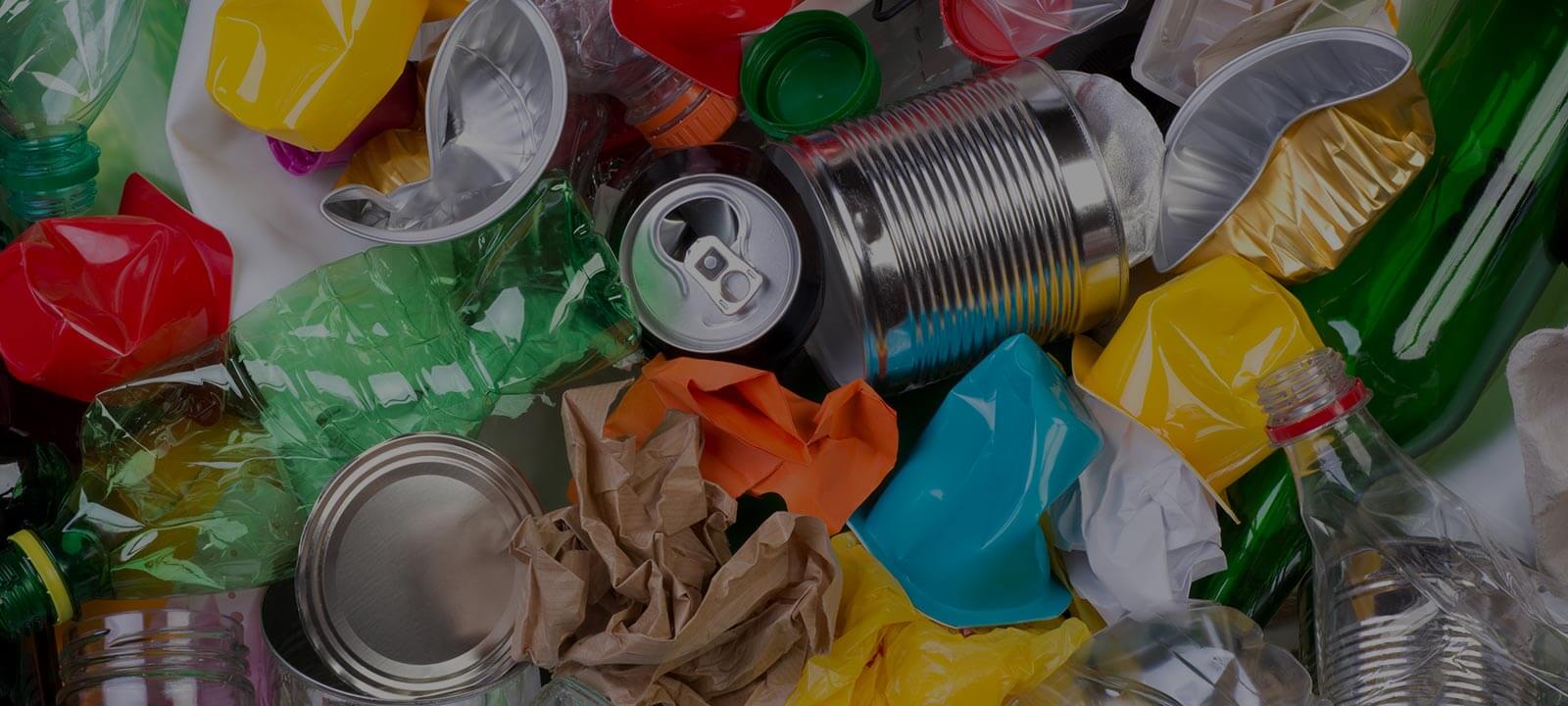The UK's Waste Management System
Posted on 26/12/2024
The United Kingdom has developed a comprehensive waste management system aimed at reducing the environmental impact of waste and promoting sustainability. The system encompasses various strategies for waste collection, disposal, recycling, and public education. This article delves into the different aspects of the UK's waste management system, its pros and cons, and offers tips for better waste management.
Overview of Waste Collection
Waste collection in the UK is primarily managed by local authorities. Households are usually provided with multiple bins for different types of waste such as regular waste, recyclables, and organic waste. Specialized collections for larger items like furniture and electronics are also available.

Recycling Programs
The UK's recycling programs are extensive. Materials such as glass, metal, plastic, and paper are collected separately and sent to recycling facilities. These programs have dramatically reduced the amount of waste sent to landfills and have helped in conserving natural resources.
Landfills and Incineration
Landfilling and incineration still serve as key components of the UK's waste management strategy. While modern landfills are engineered to minimize environmental impact, incineration plants are designed to capture energy from waste, thus contributing to renewable energy goals.
Waste Reduction Initiatives
The UK government has also implemented several waste reduction initiatives. Campaigns encouraging re-use, composting, and mindful consumption have gained traction among the public. Various policies and legislations like the Waste Minimisation Act are in place to ensure compliance and promote waste reduction.
Public Education and Awareness
Public education is a cornerstone of the UK's waste management strategy. Schools, community groups, and media campaigns are actively involved in educating the public about responsible waste management practices. Awareness campaigns have been pivotal in changing public attitudes towards waste.
Technological Advancements
Technological advancements have played a significant role in enhancing the efficiency of waste management in the UK. Smart bins, automated sorting machines, and AI-driven waste tracking systems are some of the technologies employed to streamline waste management processes.
Pros & Cons
Pros:
- Comprehensive recycling programs reduce landfill use and conserve natural resources.
- Energy-from-Waste (EfW) plants contribute to renewable energy goals.
- Effective public education programs foster responsible waste management behaviors.
- Technological advancements improve the efficiency of waste collection and sorting.
Cons:
- High initial costs for setting up EfW plants and recycling facilities.
- Public participation in recycling programs can be inconsistent.
- Landfills, although engineered, still pose environmental hazards.
- Technological solutions may not be uniformly applicable across different regions.
Tips for Better Waste Management
1. Separate Your Waste: Always separate recyclables from non-recyclables to make recycling easier and more efficient.
2. Compost: Composting organic waste reduces the burden on landfills and provides useful compost for gardening.
3. Educate Yourself: Stay updated with local waste management guidelines to ensure compliance.
4. Reduce and Reuse: Before discarding items, think about whether they can be reused or repurposed.

Takeaways
The UK's waste management system is robust but requires ongoing public participation and adaptable technologies to stay effective. Policies and public education initiatives play a crucial role in maintaining the system's efficiency. Continuous improvement and adaptation are essential for meeting environmental goals.
Conclusion
The UK's waste management system is a comprehensive and multi-faceted approach designed to address the environmental challenges of waste management. Though it has its pros and cons, its effectiveness largely depends on public participation and technological advancements. With increased awareness and continued innovation, the UK can further enhance its waste management practices and move closer to achieving a sustainable future.
Latest Posts
Alternatives to Common Plastic Items
Recycling Strategies for Non-Compostable Garden Materials






